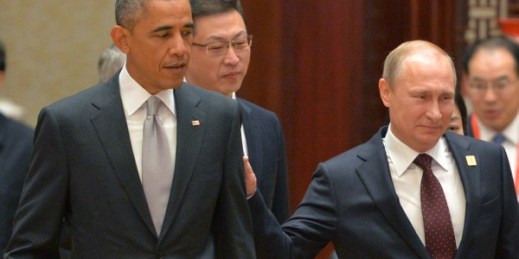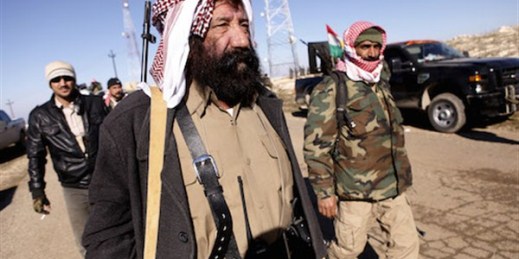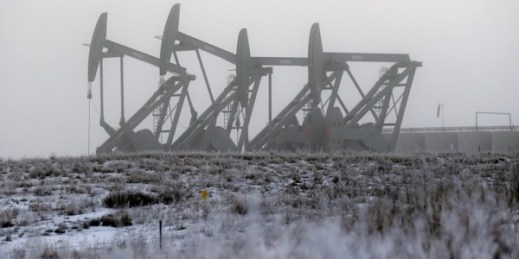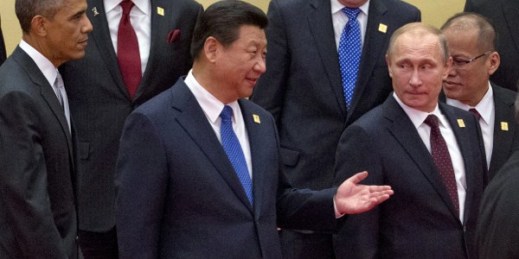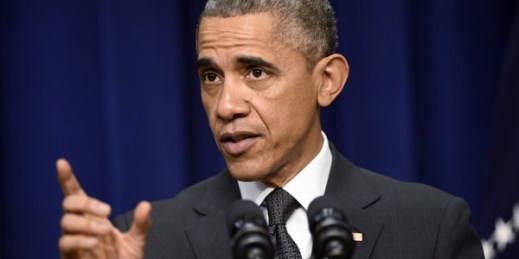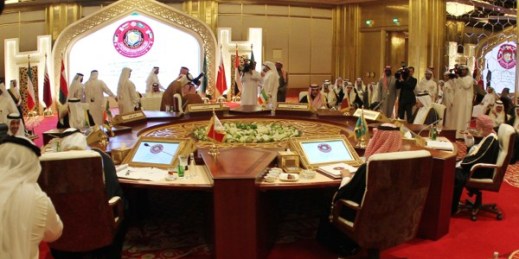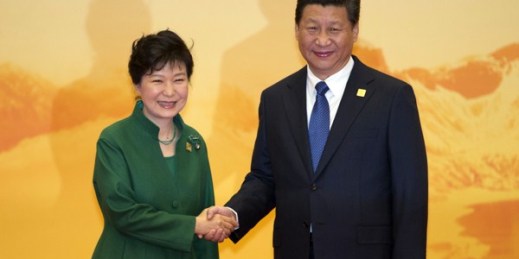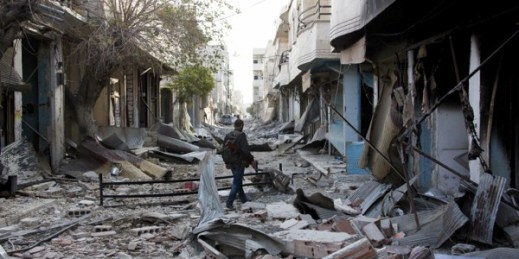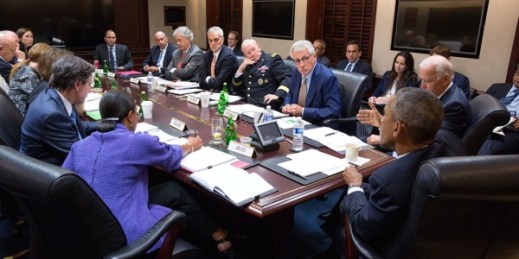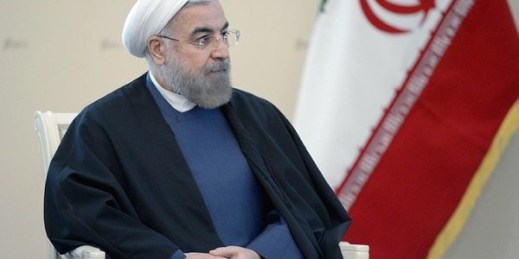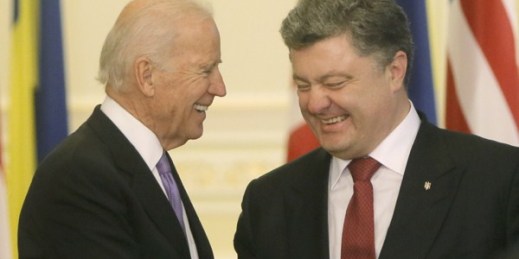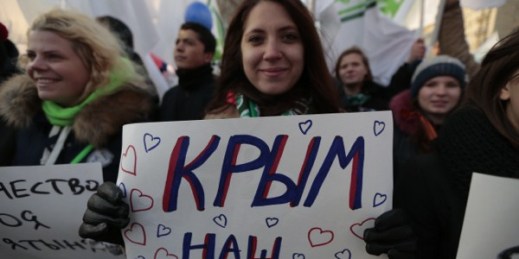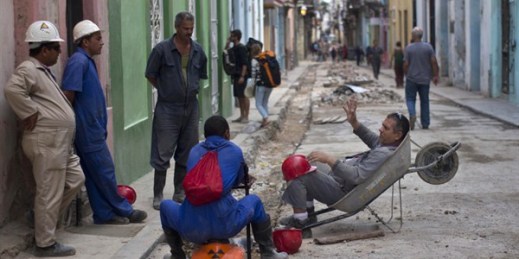
The announcement that the U.S. will normalize relations with Cuba came as a surprise, but Cuba’s opening has been years in the making. This report includes WPR’s coverage of the island nation going back to 2007, tracing the post-Fidel transition and Raul Castro’s slow but steady reforms. From Fidel to Raul After Fidel, Cuba Poised to Capitalize on Economic, Energy OpportunitiesBy Carmen GentileFeb. 22, 2008 Cuba: A Cult of Personality Without the PersonalityBy Jonas ClarkMarch 6, 2008 Cuba Poised Between Past and Future: Part IBy Marcelo BallvéFeb. 20, 2009 Cuba Poised Between Past and Future: Part IIBy Marcelo BallvéFeb. 27, […]

